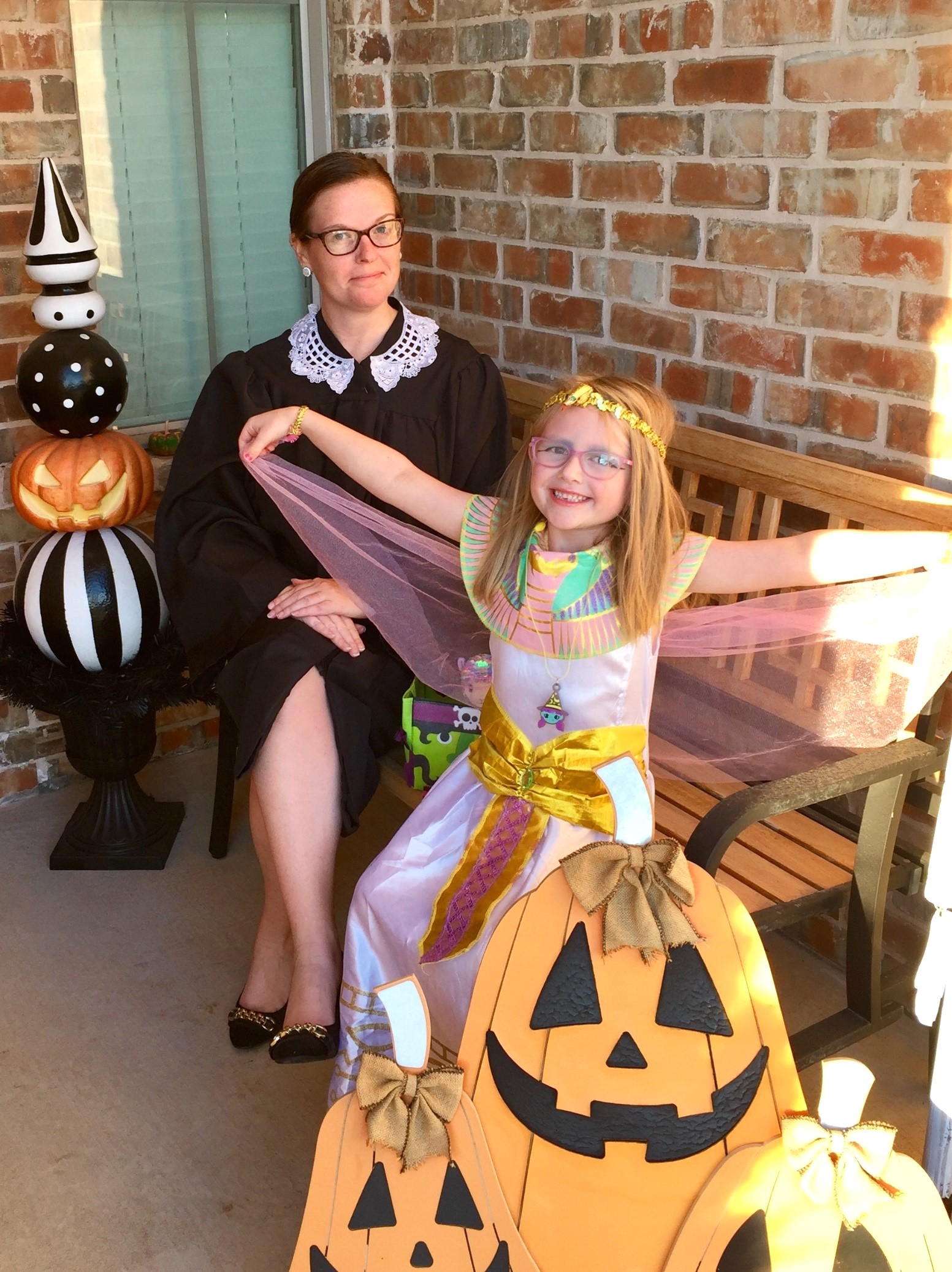By Meredith Worthen
You get to have your cake and eat it too!
I’ve always hated that stereotype. It also never made much sense to me in any realistic way. Dissecting the phrase doesn’t help because it seems to me that bisexual people are either viewed as hetero-passing or gay/lesbian—and rarely celebrated for their authentic bisexual selves. A more accurate phrase is something along the lines of:
[Sarcastically] Lucky you! You get to sample multiple cakes! (But really I will only recognize you for the cake you are currently enjoying, in public, that you seem to really like based on my own observations…Oh and I think you’re greedy because you could (maybe) sample a completely different kind of cake in the future if you wanted—and I don’t like that because I feel like I do not have such tasty opportunities.)
This long-winded phrase hardly has the same ring to it, but it is certainly more reflective of the bisexual experience, which is fraught with navigating challenging stereotypes and experiences in a monosexist world. Some are just annoying and surface-level, but others cut deep.
Enter abortion. I think I first learned about abortion through watching the movie Dirty Dancing (1987), which I undoubtedly viewed via Showtime, Cinemax, HBO, and/or on a VHS tape. In the film, Johnny’s (Patrick Swayze) original dance partner Penny gets pregnant and seeks an illegal abortion, which has severe complications but is later fixed by Baby’s (Jennifer Grey) dad who is a doctor. Yeah, remember that? Dirty Dancing (1987) is actually a pretty deep movie, especially when viewed by a kiddo under the age of ten (which I was when I was watching it). I also remember my mom told me when I was a kid that she had once considered having an abortion in 1977 when she got pregnant despite having an IUD in place (she didn’t get the abortion and now I have a super cool older brother). I know my cousin has had an abortion, and I would consider having one if I got pregnant again.
Being a cis woman and having a cis man partner means that the generalized fear of pregnancy is a fixture in my anxiety-ridden head. This is something I know would not be a concern if I were with a cis woman partner. But my privilege and social location allow me to feel confident that if I did seek out an abortion post-Roe’s reversal, I would be able to get one—even if I had to travel outside of the U.S. But I know so many others are not so lucky.
As a feminist and a mother, I am firm in my belief that abortion rights should be universal, so I’ve never really understood the arguments against abortion. With the reversal of Roe v. Wade, I’m hearing more and more iterations of the same confusing garbage. One of the most troubling to me is something along the lines of “Why would you want to murder a baby?” This is not only disturbing, but it is also triggering to those who have experienced miscarriages. I also always wonder, “Why would you want to force someone to carry a fetus/baby to term when they don’t have the capacity to care for the fetus/baby or even their own bodies during pregnancy?” There are a lot of things a pregnant person must endure. It is a demanding job. If we were to expose these ridiculous anti-abortion arguments, we would hear something more like:
You should keep your baby! (Because I feel that it is upsetting to think about any other possibilities, even though your fetus has NOTHING to do with me and even though you might not be able to carry the fetus to term due to any set of individual reasons and potential complications.)
So here I sit. Concerned about pregnancy despite the precautions I take, unable to have easy access to abortion, attempting to sift through the weaponized “murder”-focused arguments against Roe, and still wondering exactly how do I get to have my cake and eat it too?
It is a tough time for so many people for so many reasons. I think it is important to pause and recognize that.
In closing, I want to shout out to all the feminists who fought for Roe and continue to fight for abortion access, women’s rights, and equality. A special thanks to Justice Ruth Bader Ginsberg, too.
Meredith G. F. Worthen (www.meredithworthenphd.com) (she/her/hers) is a Professor of Sociology and Sexualities/LGBTQ Studies scholar with key interests in stigma, prejudice, and crime. She is a social justice activist for the LGBTQ community, especially through her creation of The Welcoming Project (thewelcomingproject.org), and an advocate for survivors of sexual assault through her work as #MeTooMeredith (instagram.com/metoomeredith). As a researcher, teacher, and activist, she dissects multiple dimensions of prejudice in efforts to cultivate understanding, empathy, and social change.

